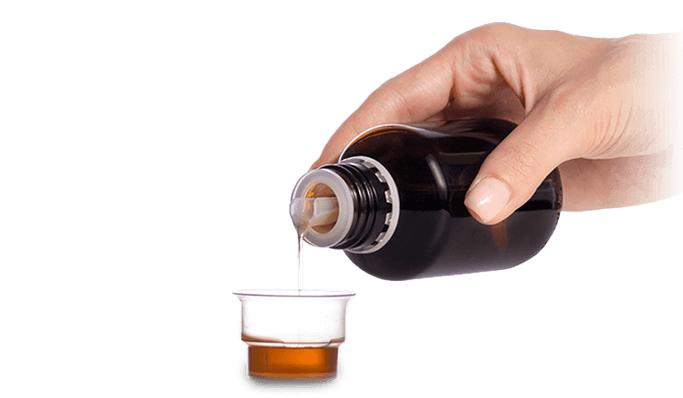What is the meaning of Pharmaceutical Suspensions?
Pharmaceutical Suspensions are liquid formulations of fine solid particles or droplets of a drug placed in a liquid medium. They are made for oral administration and offer ease of swallowing and precise dosing. Suspensions are commonly used when the drug has limited solubility or when a controlled release is required.
The special formulation of suspension medications helps ensure that the solid particles or droplets of the drug remain uniformly dispersed throughout the liquid medium. This uniformity is achieved by incorporating stabilizing agents, such as suspending agents or viscosity-enhancing agents, which prevent settling or aggregation of the particles. This enables consistent and accurate dosing.
One advantage of pharmaceutical suspensions is their convenient dosage form. Oral suspensions, where the drug is suspended in a liquid for swallowing, offer ease of administration, helpful for patients who have difficulty swallowing pills or capsules. Suspensions also allow for more flexible dosing, as the medication can be easily measured and adjusted according to the patient's needs.
The formulation can also provide improved stability for certain drugs. By keeping the drug in a suspended form rather than in solution, the risk of degradation or chemical interaction with the solvent or packaging materials can be minimized. This is important for drugs that are sensitive to moisture, light, or oxidation. Using suspensions can help extend the shelf life of these medications and ensure their potency throughout their intended lifespan.


